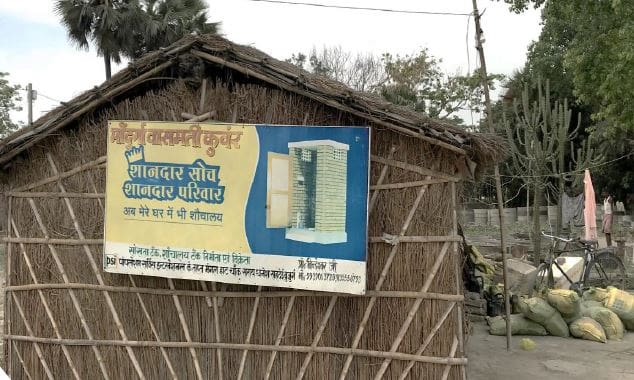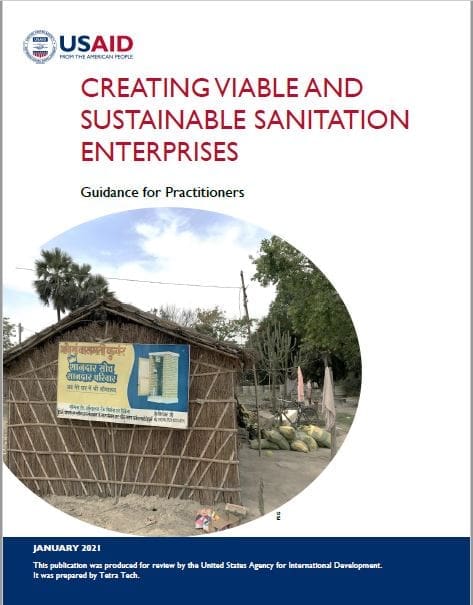The central strategy of most market-based sanitation (MBS) programs is to encourage entrepreneurial participation in sanitation value chains. However, fostering commercially viable and sustainable enterprises that attract and sustain entrepreneurial interest is challenging and a barrier to stimulating and scaling sanitation markets. While a USAID desk review analyzing MBS programs identified a range of tactics and factors that enabled enterprises to grow and thrive, more evidence on the key drivers of enterprise performance was needed.
Funded by USAID under the WASH Partnerships for Learning and Sustainability (WASHPaLS) project, FSG interviewed 66 sanitation enterprises in Cambodia, India, and Nigeria and analyzed their financial performance, strategies, and the role of MBS programs to understand: How can sanitation enterprises be made viable and sustainable? We documented the findings and recommendations in three country-specific case studies and synthesized these as guidance for practitioners implementing MBS approaches.
Top Takeaways
- Recruit entrepreneurs with existing, related businesses to start sanitation enterprises as a business line because, more often than not, sanitation is not viable as a standalone, full-time business.
- Five profit drivers and their underlying practices demonstrate a range of tactics that can improve their viability; enterprises, however, need guidance in choosing strategies that are compatible with their aspirations, capabilities, and constraints.
- Recognize that some (indeed many) sanitation enterprises may not have a viable or scalable proposition due to several factors such as lack of resources, unsupportive micro-market conditions, or the entrepreneur’s lack of motivation to grow or improve profits of the sanitation enterprise.
- Implementers of MBS programs should facilitate the development of a sanitation market system instead of direct participation. Otherwise, the sustainability of sanitation enterprises is at risk when enterprises are financially or operationally dependent on MBS programs due to the program’s design or actions.
- MBS programs need to broaden the scope of monitoring and evaluation systems to track enterprise performance metrics beyond sales, which few programs track, if at all. Financial performance metrics provide a foundation for implementers to develop a nuanced understanding of enterprises and the strategies that are effective in the contexts in which they operate.





